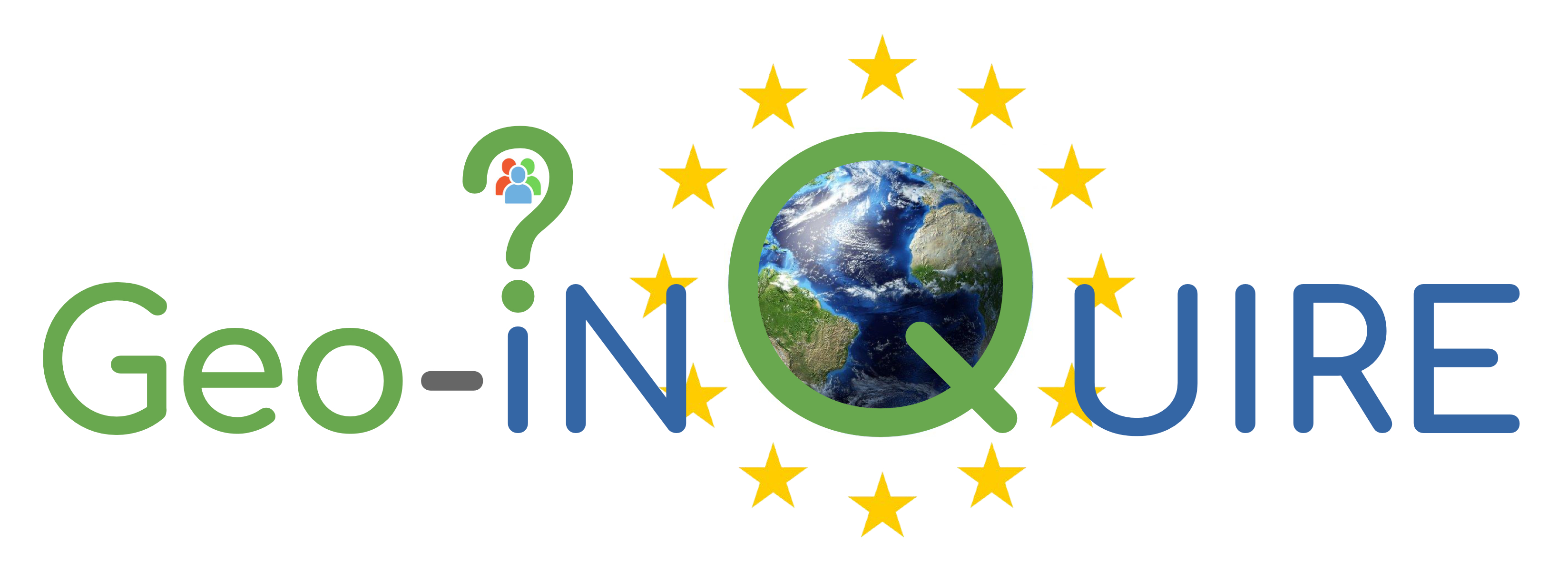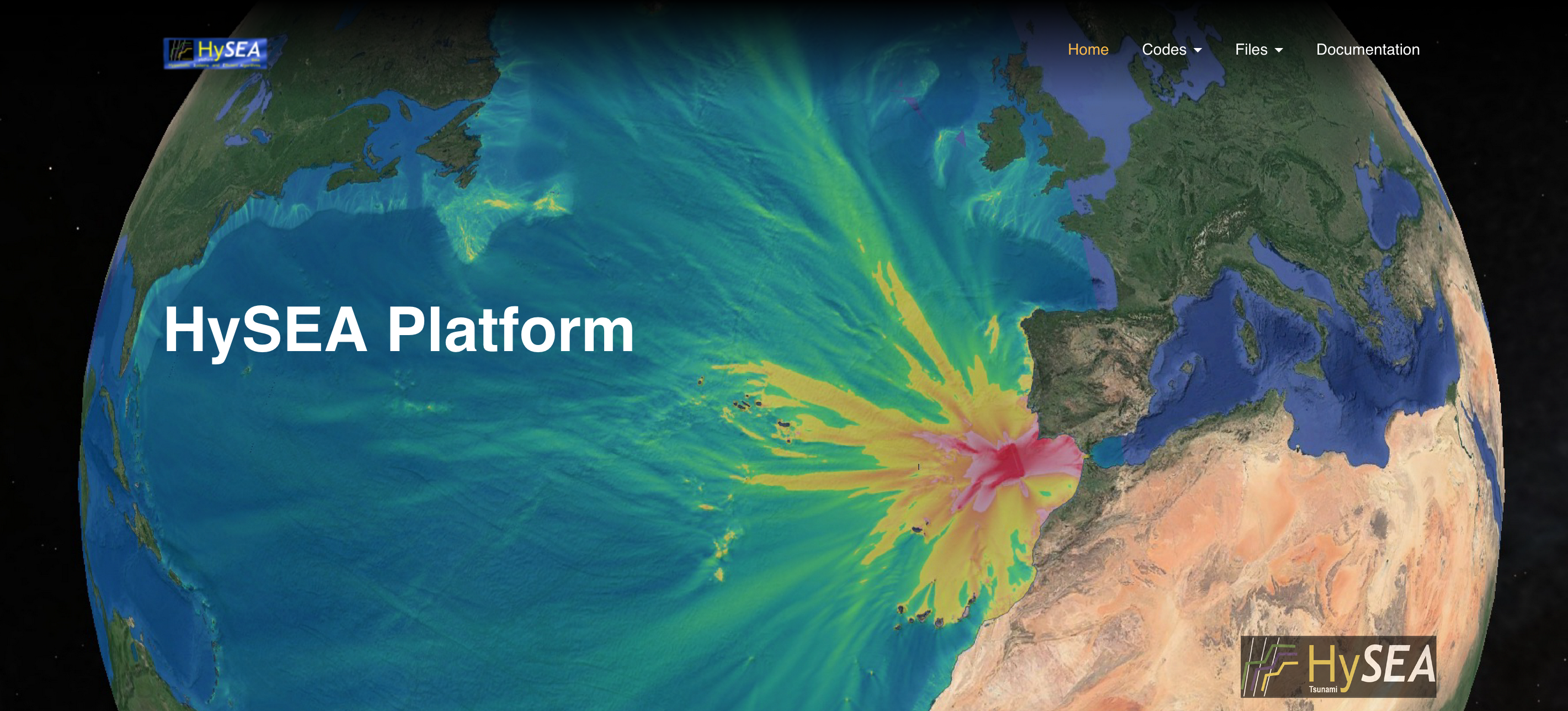Geo-Inquire
 |
Modern scientific endeavours already have the capacity to call upon a vast variety of data, often in huge volumes. However, the challenge is not only how to make the most of such a resource, but also how to make it available to the wider scientific community, especially when encouraging curiosity-driven research. The new project, part of the recent Horizon Europe Infrastructure call, will do so by enhancing, giving access to, and making interoperable key datasets. The scientific goals of Geo-INQUIRE are summarized by the following six priorities. Priority 1. Consolidate and enhance the access to multidisciplinary and interoperable datasets: towards higher spatial and temporal resolutions that will allow previously infeasible curiosity-driven research. Priority 2. Enhanced access to new and innovative observables and products. Priority 3. Opening new research opportunities to allow the enhanced understanding of the interface between the solid earth and its fluid envelope. Priority 4. From single hazard to multi-risk: supporting cross-disciplinary and integrated studies of extreme geohazards. Priority 5. Game-changing research possibilities in georesource management by the provision of innovative data, products, and services. Priority 6. Provision of innovative data-management, simulation, and visualisation techniques at the interface with HPC facilities. The strategic ambition of Geo-INQUIRE are summarized by the following three priorities: Strategic priority 1. Ensure sustainability through a solid integration into ERICs Strategic priority 2. Enhance FAIRness of all data and data products Strategic priority 3. Training of the next generation of geoscientists and other technical specialists within an equal, diverse, and inclusive environment |
Link to Geo-INQUIRE website
- Title of the project: Geosphere INfrastructures for QUestions into Integrated Research
- Grant agreement: Nº 101058518 (HORIZON-INFRA-2021-SERV-01-07)
- Funding institution: European Commission - HORIZON-INFRA-2021-SERV-01 call
- Participanting institutions (51): GFZ/CNRS/UGA/UCA/UBS/LRU/OCA/IPG/UNISTRA/INGV/ETHZ/UU/EUCENTRE/UNINA/IGF-PAS/EPOS-ERIC/BRGM/UiB/CSIC/ORFEUS/UBI/ORB/NOA/EMSC/IMO/NGI/UCL/IFREMER/UNIPV/EMSO-ERIC/HCMR/MI/UPC/PLOCAN/LMU/CINECA/VLIZ/BSC-CNS/EC-CESL-ERIC/ECCSEL-ERIC/SINTEF/UMA/GEM/UKRI-BGS/CNR/ISPRA/AGH/NORSAR/INFN
- Duration from: 01/10/2022 to 30/09/2026
- Funding: 14,247,612.75€
- Coordinator: Fabrice Cotton (GFZ) - PI UMA: Jorge Macías Sánchez
- Web page: https://www.geo-inquire.eu/
What does EDANYA group do in Geo-Inquire?
The EDANYA group contributes to Geo-INQUIRE with 44 PMs to WP5. TA2/VA4 Access to the next generation of software and workflows as a service, this includes Visrtual Access (VA) to the codes taking part in this project (Tsunami-HySEA and Landslide-HySEA), Transnational Access (TA) activities (on-line or in-person) related to our code in the context of SaaS, and in WaaS related with PTHA (Probabilistic Tsunami Hazard Analysis) products in collaboration with INGV and NGI.
Our contribution in WP5 reflects in the following tasks:
- Task 5.2: VA4-52 Simulation Data Lake (SDL)
- Task 5.3: Software as a Service (SaaS) - Ch-HySEA-VA@UMA; Ch-HySEA-TA@UMA rely on the multi-GPU finite-volume tsunami simulation codes Tsunami-HySEA and Landslide-HySEA developed by the EDANYA group at the UMA. Two subtasks related with TA and VA, respectively:
- Task 5.3.1: TA2-531 ChEESE-CoE SaaS (3TA x Ch-HySEA-TA@UMA)
- Task 5.3.1: VA4-531 ChEESE-CoE SaaS (codes accesibility and virtual computing platform)
- Task 5.4: Workflows as a Service (WaaS)
- Task 5.4.1: TA2-541 ChEESE-CoE WaaS. This task includes collaboration with INGV and NGI in PTHA TAs:
- UMA ChEESE-CoE WaaS (EPOS TCS Tsunami) TA2-541-4 Ch-PTHA@INGV-UMA ES TA-AC
- UMA ChEESE-CoE WaaS (EPOS TCS Tsunami) TA2-541-7 Ch-PTHA@NGI-UMA ES TA-AC
- Task 5.4.1: TA2-541 ChEESE-CoE WaaS. This task includes collaboration with INGV and NGI in PTHA TAs:

Geo-INQUIRE is funded by the European Commission under project number 101058518 within the HORIZON-INFRA-2021-SERV-01 call.



